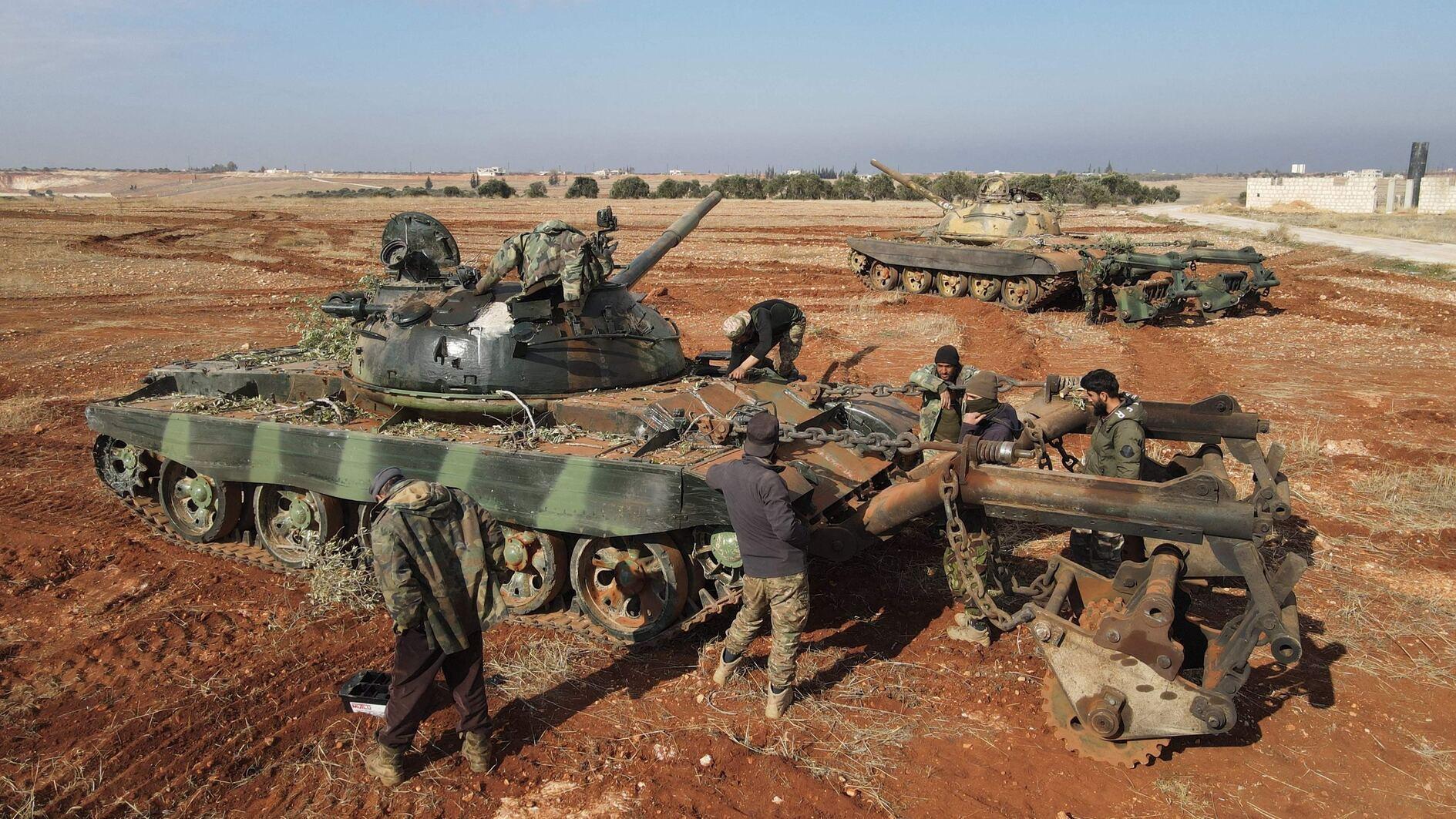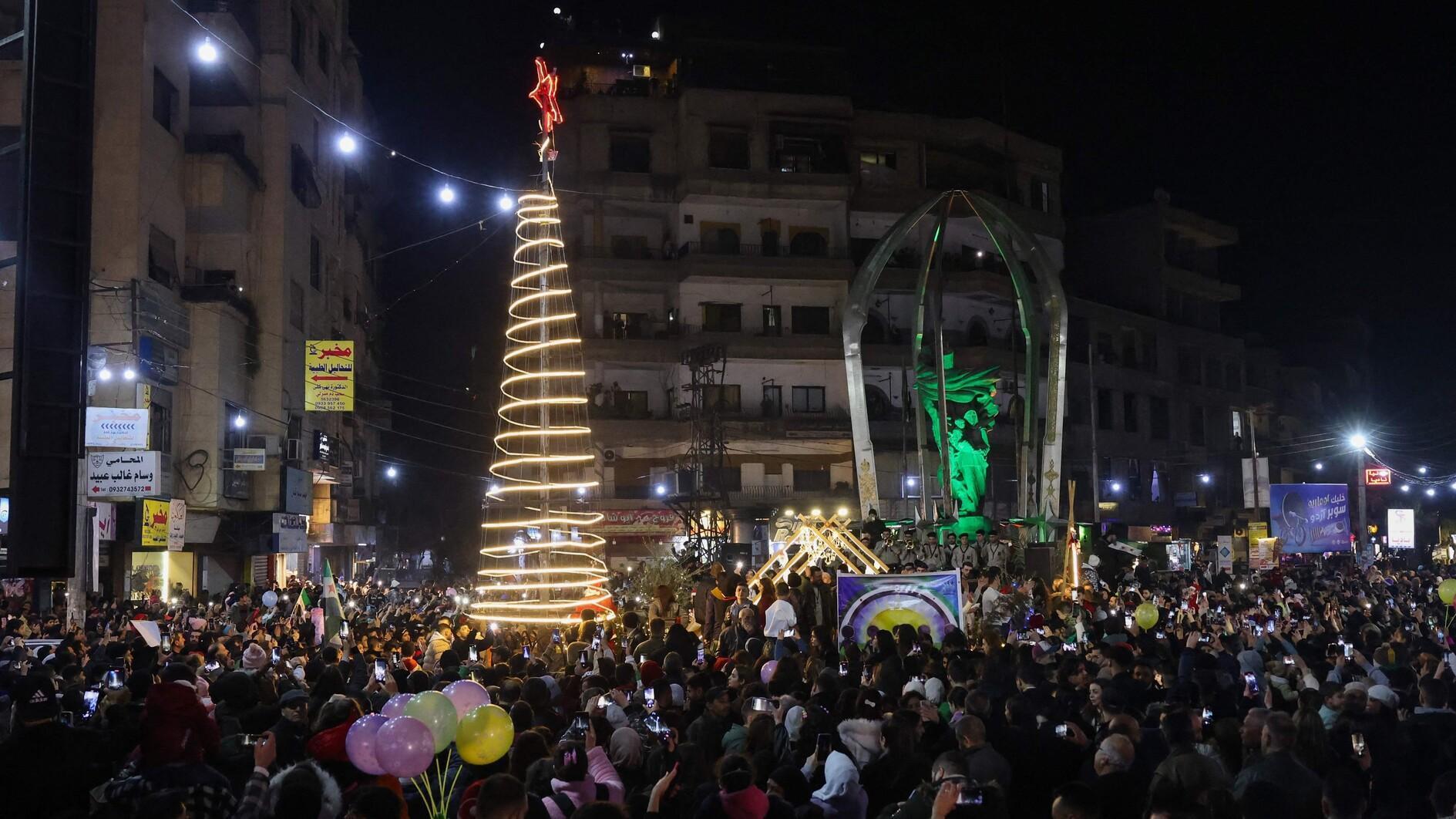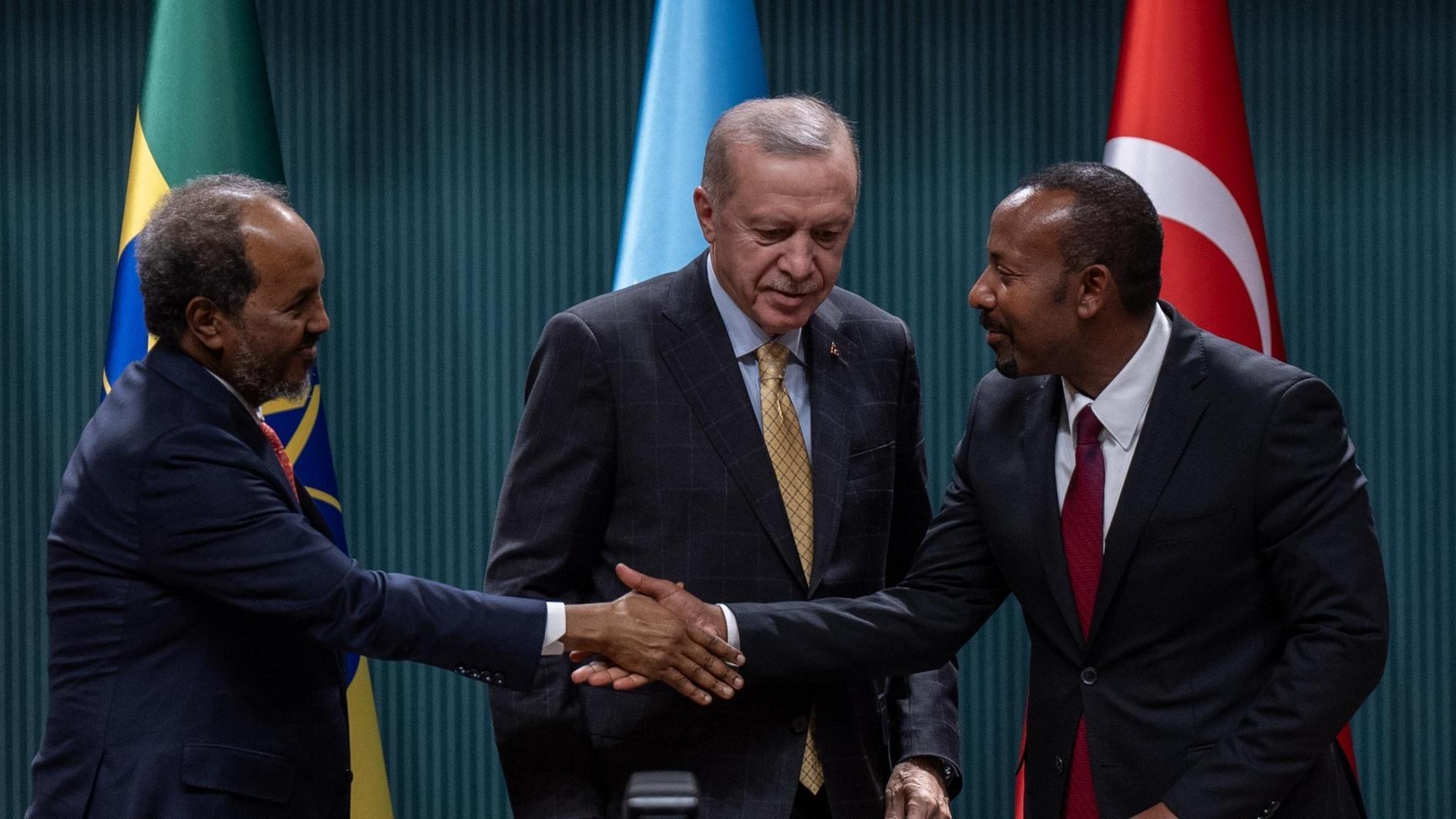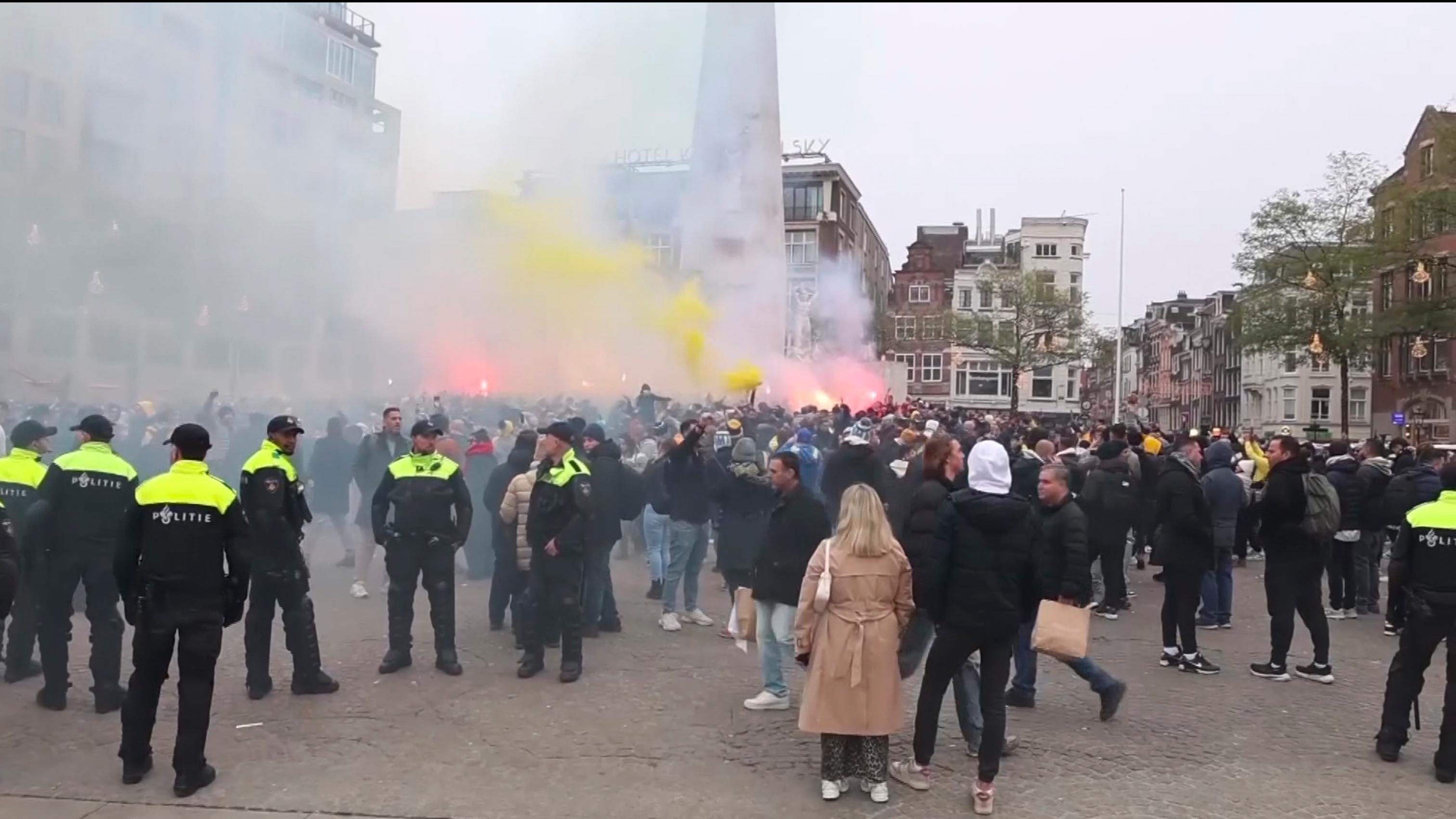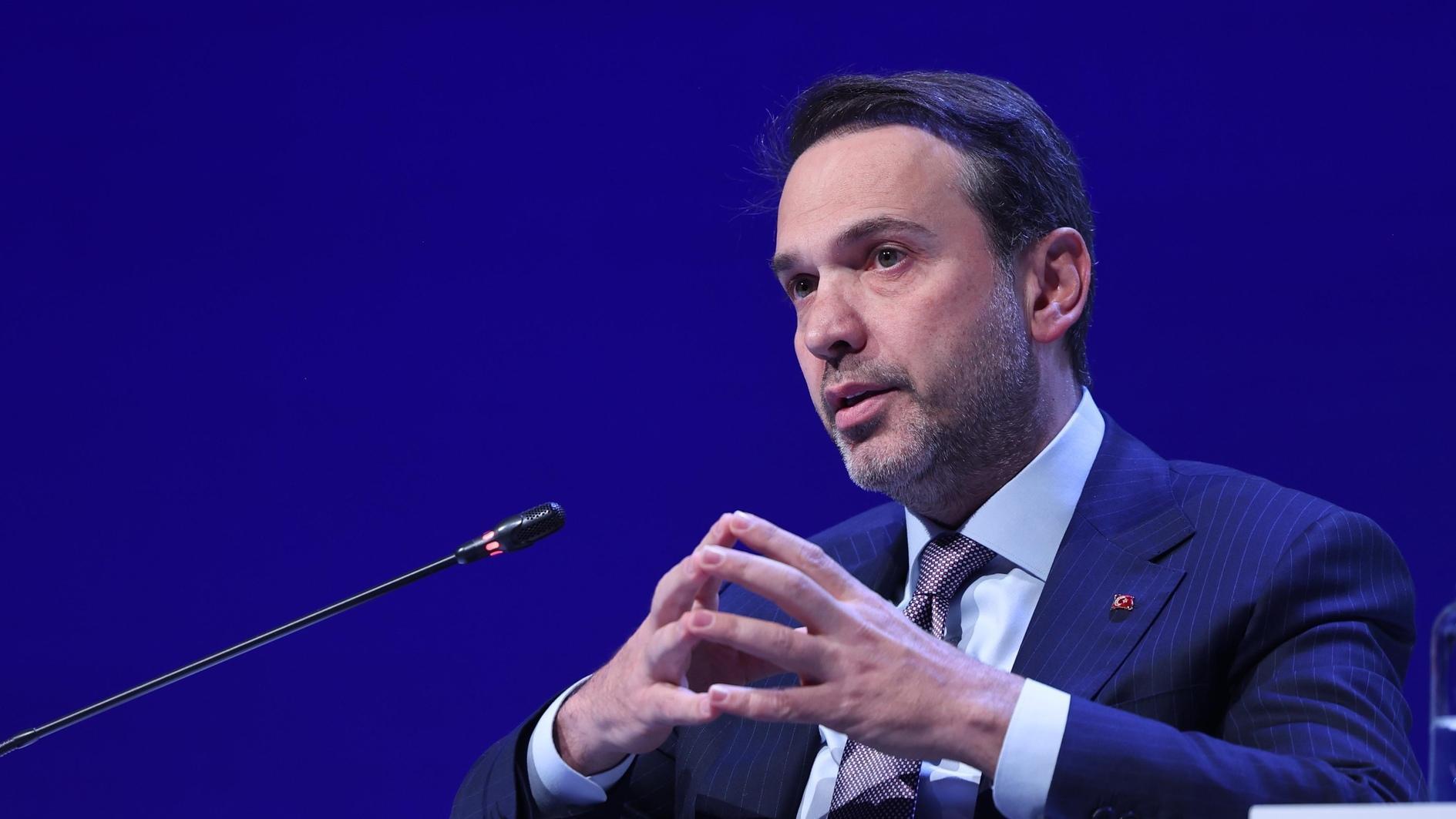Where did the government make a mistake?
One year ago the negotiations between the PKK and National Intelligence Service collapsed. Then, negotiation dialogues were leaked to the public. Prime Minister Recep Tayyip Erdoğan was unhappy with this leak, because it could overshadow his 2011 general election victory. However, he was able to change the “negotiation idea” in public opinion positively or at least neutrally. He achieved this by attributing responsibility for the breakdown of negotiations to the PKK. This success encouraged the government to ignore the PKK factors in the next days. Yet, the reality is that the country will have three different elections in three years like local elections, presidential elections and general elections and the PKK will exploit this process.
PKK attacks have been increasing. Many security personnel have lost their lives, so some Kurdish people started to accept the psychological superiority of the PKK in some regions. People are putting pressure on the government. Although the government is angry, it is giving strong signs that it cannot resist recent developments anymore.
From the explanations, it is understood that the government has applied or is preparing to apply to Öcalan. Unfortunately, nothing will be like it used to be. The question is: Where did the government make a mistake?
Firstly, while the PKK was maintaining the negotiations, it finished its military preparations for these days. The PKK brought a large number of heavy weapons and explosives into the country. The government, on the other hand, trusted the negotiations and reduced security measures.
Secondly, the government is ignoring the PKK’s capacity to affect public opinion. However, like all terrorist organizations the PKK’s strategy does not depend on a military victory. Its strategy is to force the government to compromise by affecting public opinion.
Thirdly, the PKK has intelligently utilized disrupted relations between Turkey and Syria, Iran and central Iraq. It recruited and obtained logistic and political support.
Fourth, generals and officers of the Turkish Armed Forces were arrested and sent to prison, which has been encouraged by the government. The reflection of this in the PKK’s struggle was deep. Yet, according to the strategy for the struggle against the PKK, the army was a vital tool for implementing a “carrot and stick” policy. But the government broke down on the “stick” when many top generals and officers were put into jail as “terrorists.” Since the PKK could only be persuaded with the “carrot,” its demands will be maximalist.
Finally, there are many “nonstate actors” in the regions where the PKK is active and everyone is maintaining their “fight.” The state apparatus seems to be divided into compartments and it lacks unity.
Consequently, the PKK is more “self confident” and advantageous than one year ago. The local elections are coming. The government is trying to refresh the negotiation process while ethnic tensions and discussions are increased by the terrorist attacks. Erdoğan is facing a big dilemma composed of compromising with the PKK during elections.
The bad side is that the negotiation process would not take place only between the government and PKK. Many states and nonstate actors will be a part of the struggle at the table. It will show us that managing the process will be hard for the government.



